What was the fate of the green-eyed refugee from the cover of National Geographic magazine in 1985
Categories: Celebrities
By Pictolic https://pictolic.com/article/what-was-the-fate-of-the-green-eyed-refugee-from-the-cover-of-national-geographic-magazine-in-1985.htmlThe green-eyed girl from Afghanistan, who got on the cover of National Geographic magazine in 1985 thanks to photographer Steve McCurry, is known all over the world. Her name is Sharbat Gula (Sharbat Gula) and met her photojournalist in a refugee camp in Pakistan. Steve did not forget Sharbat — he was interested in her fate all these years and, of course, photographed.
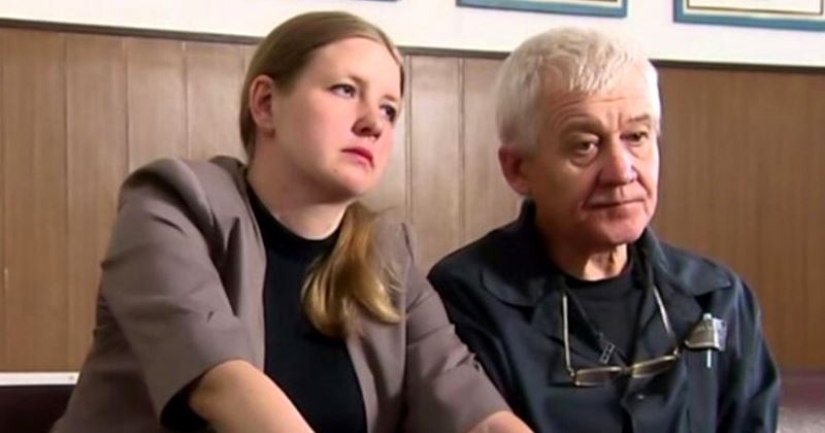
The photo of 12-year-old Sharbat Gula, taken in 1984, flew around the world. The girl was immediately called the "Afghan Mona Lisa" for her mysterious look and rare beauty. For millions of people on the planet, it has become a symbol of the suffering of the Afghan people. After meeting McCurry, Sharbat disappeared from view for many years. With great difficulty, in 2002, after 17 years, the photographer found her in a remote mountain village and took several pictures again.
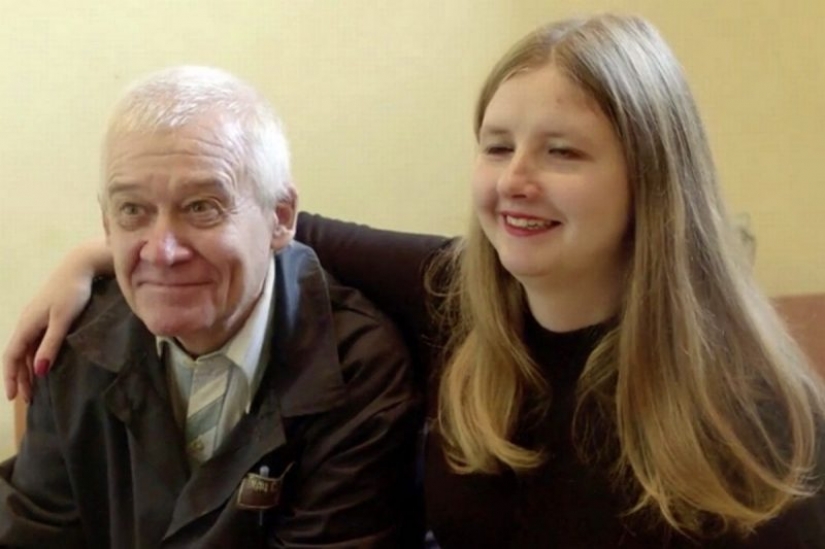
In the early 2000s, Sharbat was no longer a frightened girl, but a married woman. She lived with her baker husband and three daughters in a small house. Steve found out that worldwide fame did not affect the life of the heroine of the iconic picture in any way. Gula did the housework, raised children and sometimes went to the city to the hospital. She was diagnosed with hepatitis C, which requires constant medical supervision.
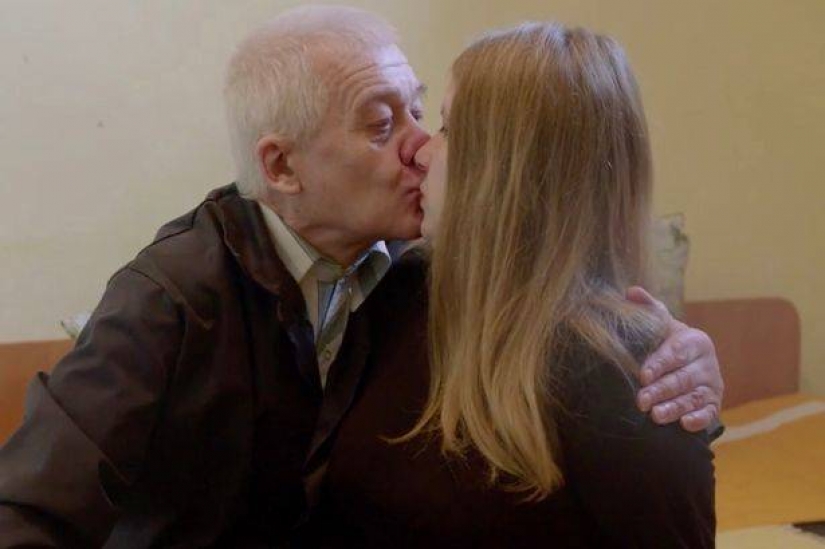
After the meeting in 2002, Steve McCurry no longer lost sight of Sharbat. A few years later, he found out that the woman was widowed — her husband died after a long illness. In 2014, the "Afghan Mona Lisa" emigrated to Pakistan, but did not find the desired peace there. The local authorities accused the refugee of forgery of documents and almost threw her behind bars.
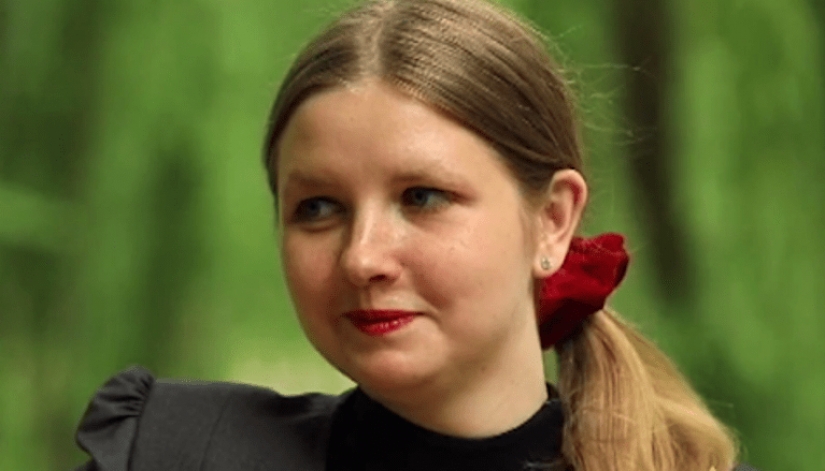
In 2016, Gulu was detained and deported back to Afghanistan. Before that, a 40-year-old woman, a mother of four children, was held for 15 days in a stone bag in the department for combating illegal migrants. Sharbat and her children were handed over to the Afghan border guards along with an order to pay a fine of $ 1,120 (84 thousand rubles). Needless to say, an illiterate peasant woman has never seen such money.
But after returning home, Sharbat's life suddenly changed. She was received by the country's president Ashraf Ghani, who handed the keys to an apartment in Kabul to a single mother. It seemed that this was a well-deserved, hard-suffering happy ending and the life of the unfortunate refugee should get better. But happiness and peace in Afghanistan are ephemeral. Sharbat lived in the donated apartment quite a bit — the Taliban (an organization banned in Russia) seized power in the country.

It was deadly for a woman to be in Afghanistan and she became a refugee again. She managed to get on board a plane with her children, which evacuated people to Europe. Gula ended up in Rome and came under the Italian program for the protection of Afghan refugees. Unfortunately, one of the woman's four daughters did not live to move to Europe and died.
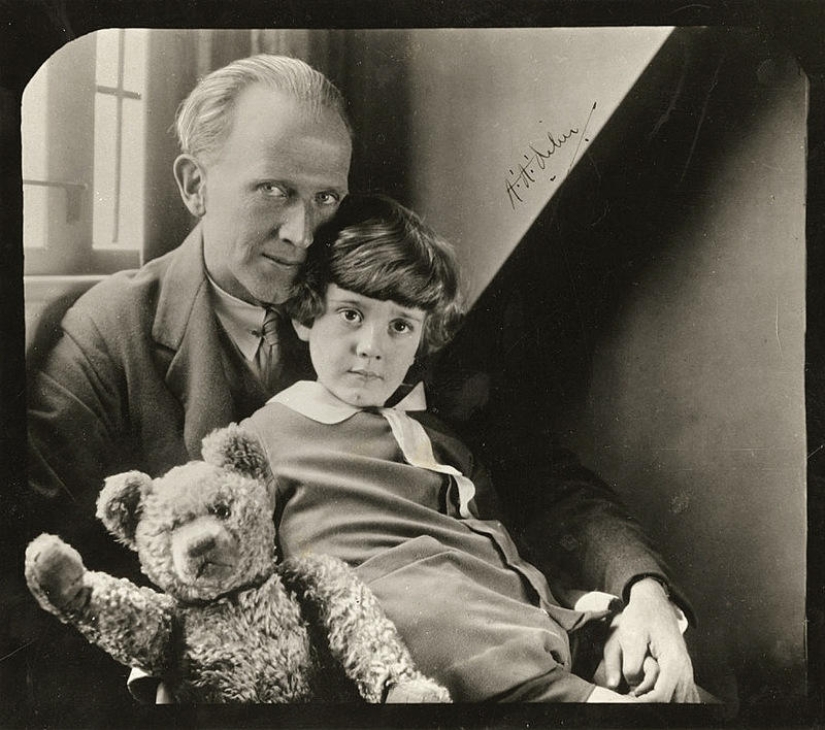
Italian Prime Minister Mario Draghi told the press in an interview that he personally contributed to the evacuation of the woman and her children. On Thursday, November 25, 2021, Sharbat Gula received refugee status in Italy. Draghi promised that he would not leave the family without help and maximally promotes its integration into society. So it seems that the misadventures of the "Afghan Mona Lisa" and her daughters Robina, Zahida and Aliya have come to an end.
Recent articles

It's high time to admit that this whole hipster idea has gone too far. The concept has become so popular that even restaurants have ...

There is a perception that people only use 10% of their brain potential. But the heroes of our review, apparently, found a way to ...

New Year's is a time to surprise and delight loved ones not only with gifts but also with a unique presentation of the holiday ...